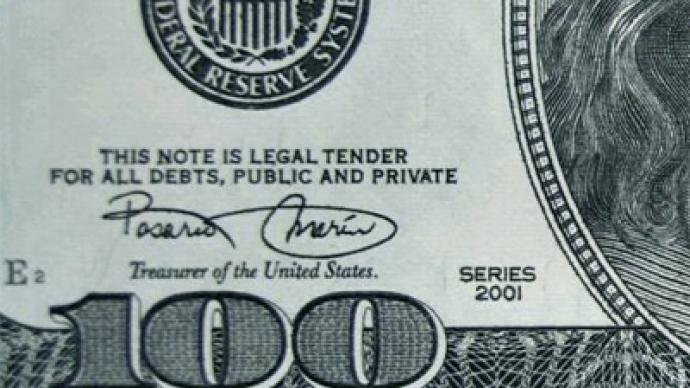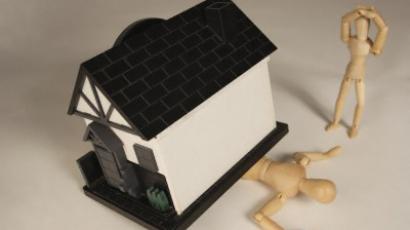Debt ceiling will be raised, eventually

The US federal debt ceiling will be reached on May 16. It is unlikely Congress will address the limit by that time in order for the US to maintain fully functioning financial operations.
The Congressional Budget Office released new numbers that show the US budget deficit now hit $871 billion for the first seven months of the current fiscal year, much higher than last year’s pace. The increase is about $70 billion more that the US government incurred during the same period of time during the 2010 fiscal year.Nevertheless, the Obama administration is working overtime to secure the votes needed in Congress to raise the debt ceilingVice President Joe Biden met with a group of US lawmakers in an effort to lay out a new plan to sell the idea of raising the debt ceiling to the American people while also convincing America Washington is serious about cutting spending. US Treasury Secretary Timothy Geithner explained the US will hit the ceiling in May, but not fully default until August 2. To hold over for the extra time the Treasury Department will cease funding for certain programs, including funds which are currently keeping, state, local and municipal government afloat. Over the last decade the US Congress raised the debt limit 10 separate times leading many people to believe the debt ceiling debate is more about politics than policy. Edward Harrison, the founder of Credit Writedowns explained the debate is ideological and aimed at running up in the 2012 elections. “It’s really a farce, a side show. It really shouldn’t happen,” he remarked.Many see the issue worrisome given the amount of US debt held by China. Harrison explained this is a warrantless worry. The US still holds a great deal of leverage when it comes to China because of the US dollar. A number of global currencies, including China’s, are pegged to the US dollar. China has its own internal concerns, and the debt ceiling does not affect them as many believe it does, he argued.China is unlikely to challenge the US on debt or the US dollar because China is heavily dependent on the success of the dollar. If the dollar falls, so does China. Much of their business would leave the country in favor of doing business in Vietnam, Thailand or other cheaper neighboring Asian nations. “You have mutually assured destruction,” Harrison explained. Ultimately there will be a deal reached between Republicans and Democrats, he noted, because the ceiling must be raised and both parties understand this. Each side will tout the deal as a success and claim victory approaching the 2012 elections.“It’s irresponsible and it shows the level to which politics in the United States has dropped,” he said, explaining the political debate surrounding the debt ceiling. “Americans are completely uninformed.”














